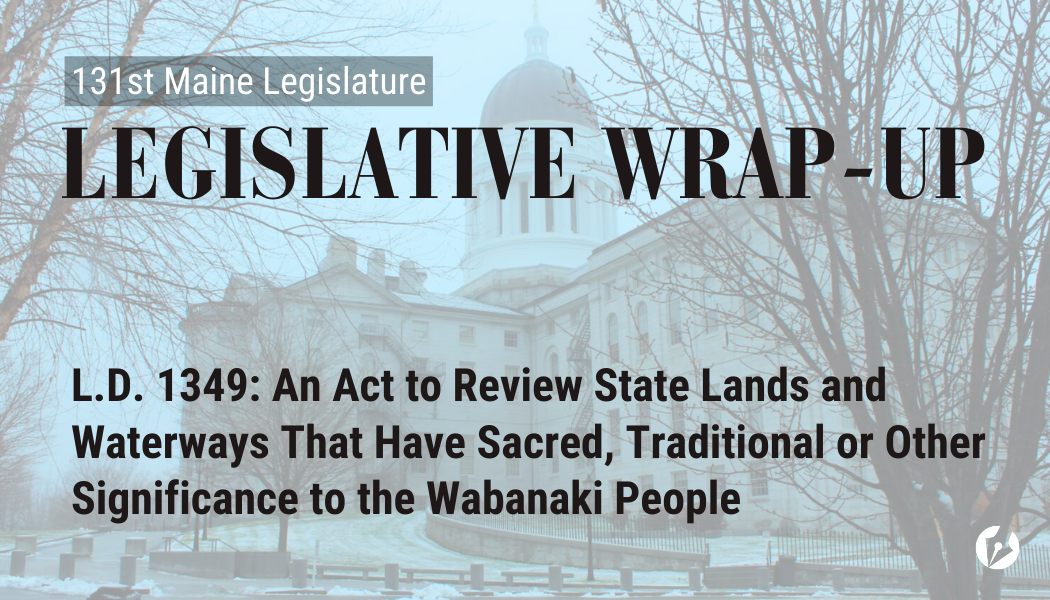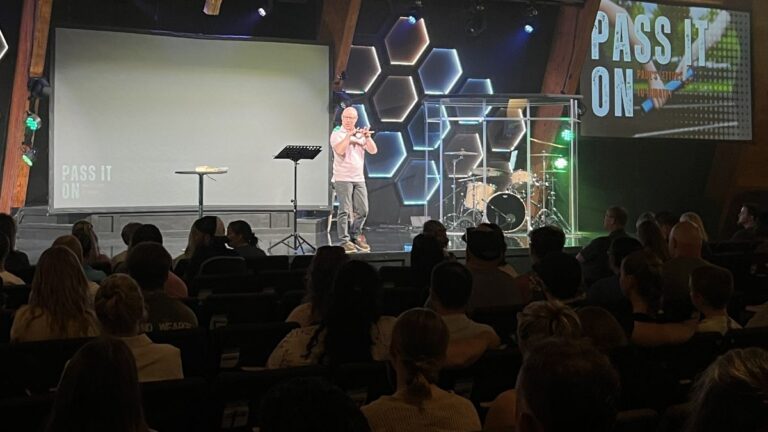Waiting on the appropriations table is a bill to study state-owned lands and waterways of special Wabanaki significance, the processes required to return those areas to any of the four Wabanaki Nations in Maine and to identify necessary funding.
Gov. Janet Mills, who opposed the measure, left the bill unsigned after its passage in the House and Senate.
She submitted testimony calling the bill “unnecessary,” saying intergovernmental relations already exist and the path to transfer state lands to the Wabanaki Nations was demonstrated by the transfer of a piece of culturally significant land by Meddybemps Lake to the Passamaquoddy Tribe in 2021.
Environmental groups joined the Wabanaki Alliance in support of the bill, calling attention to the growing movement pushing for land to be returned to Indigenous people.
The Maine Forest Products Council, meanwhile, said the bill could jeopardize infrastructure on public waterways — like dams and wastewater treatment plants — that serve Maine industry and residents.
Read the full bill on the legislature’s website.
To get a better sense of the debate, here are some excerpts from testimony:
For:
“Making more space to hear directly from the sovereign people of the Wabanaki Confederacy helps the state make better decisions about the management of land. Our collective future is tied to the land, and its management is of concern to us all.” ~ Rae Sage, Permanent Commission on the Status of Racial, Indigenous, and Tribal Populations
“Here in Maine, we not only have the opportunity to work with Wabanaki partners to advance the health of our shared natural world, but we also have the responsibility to do so.” ~ Kaitlyn Nuzzo, The Nature Conservancy
Against:
“The transfer of these valued public resources would impact all residents of the state of Maine and could be problematic for our wood manufacturing facilities (i.e. pulp and paper mills, biorefineries) and municipal treatment plants that obtain permits to operate on Maine’s rivers.” ~ Patrick Strauch, Maine Forest Products Council
“We believe this bill is unnecessary. There is no need to create a new commission to oversee an issue that is appropriately the subject of government-to-government discussions between the Wabanaki Tribes and the state of Maine.” ~ Jerry Reid, chief legal counsel for Gov. Mills







